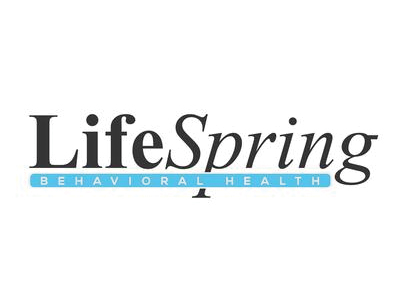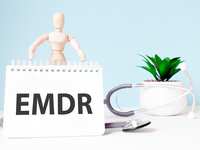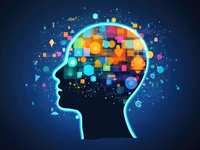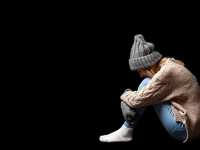How To Ruin Your Mental Health
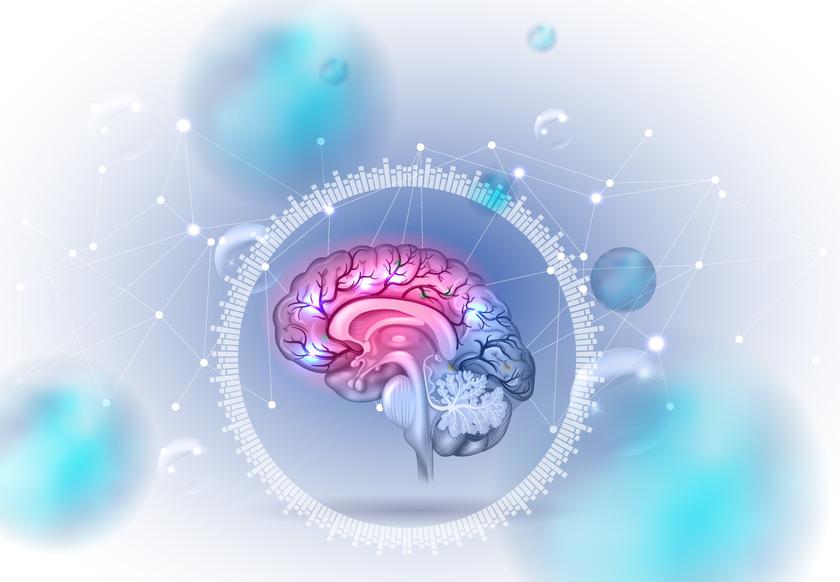
Did the title grab your attention? After all, who says to themselves “I want to go out and ruin my mental health?!” No one that I know. Yet, we see this all the time in the actions and attitudes of people that we treat for conditions like depression, anxiety, psychosis and substance abuse. Most people don’t realize, consciously, that they are doing things that harm their mental health, yet most of us know that we need to brush our teeth regularly to prevent cavities and wear seat belts in the car to prevent serious injury in a crash. So, why then do we not practice healthy everyday behaviors that affect our mood, attitude and mental well-being? Probably because most of these behaviors are things that we should all be doing and which we take for granted as having a significant impact on our mental health. Modern research in medicine has shown us that following healthy behavioral practice can and does improve our mental health as well as how not doing these behaviors can harm it. So, to increase awareness, here are five behaviors that can absolutely ruin our mental health, particularly if you are doing several of them regularly.
NEVER EXERCISE. According to clinic staff at the Mayo clinic, exercise researchers at Southern Illinois University and the Anxiety and Depression Association of America reported that regular exercise can have long lasting effects, alleviating depressive and anxious symptoms for hours, and a regular schedule of exercise may significantly reduce these symptoms over time. Exercise releases hormones, called endorphins, and serotonin which boost mood and reduce stress and anxiety, distract us mentally from our worries, reduce muscle tension in the body and improve both appetite and sleep cycles.
EAT A BAD DIET. Per the Mayo Clinic and others, many processed, convenience and fast foods are low in fiber, which has adverse effects on our digestion and may increase the risk of depression. Some individuals experience significant anxiety with foods containing monosodium glutamate (MSG) and other additives. Diets rich in plants and seeds may help depression by supporting the gut-brain axis, which influences neurotransmitters. A lack of probiotics, found in yogurt, aged cheeses, kombucha, and other fermented foods like kimchi or sauerkraut, reduces the body’s ability to adequately manufacture the neurochemicals it needs for good mental health. On the other hand, a study by Enos in 2012 showed that those who consumed junk food were 51% more likely to have signs and symptoms of depression, and the more junk food they ate, the higher the likelihood.
GET AS LITTLE SLEEP AS POSSIBLE. One of the most common factors seen in patients with depression and/or anxiety is a lack of good sleep. This can be insomnia due to worry and anxiety or disrupted sleep due to frequent arousals and awakenings at night. Other conditions, like PTSD, have significant disturbances of sleep and, frequently, nightmares and nighttime fear. Not only does inadequate sleep worsen anxiety and depression, but anxiety and depression worsen sleep. According to the Sleep Foundation, poor sleep affects not only mood, but also cognitive function and physical health. Having depression or anxiety interferes with sleep quality and quantity. Most people require at least 7 ½ to 8 hours of good sleep per night to feel rested and refreshed, which helps reduce depression and anxiety symptoms during the day. Practicing good sleep hygiene and obtaining adequate sleep is key.
ISOLATE YOURSELF AND AVOID SOCIAL INTERACTION. As the COVID-19 pandemic taught us, being isolated from others, feeling lonely and lacking social connection is bad for our mental health. According to the Texas Department of Public Health, the number of cases of reported depression and anxiety increased 400% over pre-pandemic numbers during 2020-21. The respected medical journal, The Lancet, using data from the National Social Life, Health, and Aging Project (NSHAP) on over 3,000 patients ages 57-85 years of age showed that social disconnectedness led to increased perceived isolation, which in turn predicted higher depression and anxiety symptoms. Researchers at Cabrini University People found that those socially isolated tended to experience higher amounts of work-related stress, were more likely to misuse drugs and alcohol, and have lower satisfaction with their life, while findings from the Center for Cognitive Neurology at the Grossman School of Medicine found that isolation can also lead to biochemical changes in the brain that may contribute to the onset of mental health conditions. Poor social support can also make it difficult for people to manage stress.
DRINK ALCOHOL AND USE CANNABIS PRODUCTS REGULARLY. Most of us know that excessive alcohol or recreational drug use is bad for our health and can lead to addiction, as well as financial, social and physical health consequences. But what about our mental health? Most people are surprised to know that alcohol is a DEPRESSANT and can, therefore, cause or exacerbate depression in people. Not only that, but concurrent use of alcohol can reduce the efficacy of antidepressant medications. While alcohol in the evening may help someone fall asleep, it actually disrupts sleep throughout the night and often causes frequent arousals and awakenings later in the night and less restful sleep overall. Often people will have a drink or two (or three or four) to “take the edge off” of anxiety. Yet regular drinkers have MORE anxiety, especially as alcohol leaves the system, often prompting more drinking to, again, reduce anxiety. This becomes a vicious cycle.
Cannabis products, including marijuana, have been touted as helpful for depression, anxiety and pain, as some studies have suggested, typically when used temporarily in very low amounts. However, research suggests that marijuana smokers are diagnosed with depression more often than nonsmokers, and heavy use in adolescence predicts a higher level of depression and anxiety later in life. Additionally, the main psychoactive ingredient, THC, can cause psychosis and a fivefold increase in schizophrenia in chronic heavy users. In those at risk of psychosis, THC can exacerbate symptoms and lead to a poorer prognosis in those with a psychotic disorder. Cannabis is the most commonly abused substance among people with schizophrenia, and continued use after a schizophrenia diagnosis is associated with worsening psychotic symptoms, relapse, and decreased functioning over time.
So there you have it. Five behaviors that you can do to ruin your mental health. Hopefully, we are wise enough to do the opposite of these and give our brains the same consideration we give our physical appearance and the rest of our body!
J. Michael Smith, DHSc, MPAS, PA-C, CAQ-Psych

